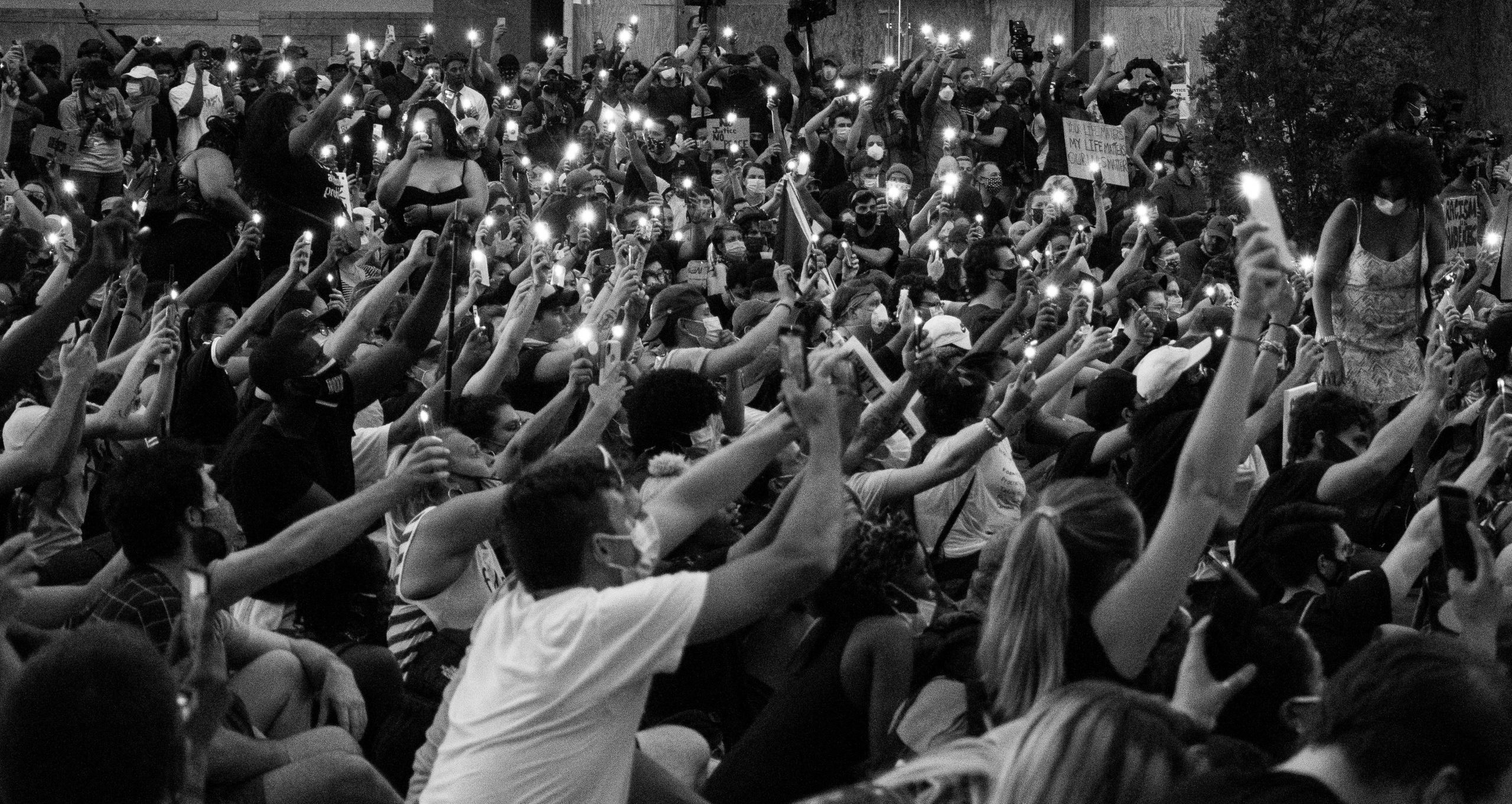ART OF PEACE
The 2024-2025 Social Justice Statement titled, Truth and Peace: A Gospel Word in a Violent World, delves into the current global situation of violence, division and warfare through the lens of the Gospel.
Drawing inspiration from scripture and the teachings of Pope Francis, the statement advocates for placing trust in Christ as the Prince of Peace. It stresses the necessity of proactive measures, not mere rhetoric, in fostering peace and urges the adoption of a culture of encounter across all spheres.
Pope Francis in Fratelli Tutti calls all people to be builders and cultivators of paths of peace. There are many things which stand in the way of building a peaceful world and Pope Francis speaks of the need to develop both an architecture (frameworks, processes and social structures) and an art (ways of living and being) of peace. As he notes, there is an architecture to peace, to which different institutions of society contribute, each according to its own area of expertise, but there is also an art of peace which involves us all (#231).
In the face of escalating animosity and aggression posing a threat to our society, the role of a peacemaker comes to the fore, prompting reflections on how to leverage the power of peace.
As Thomas Celano tells us,
St Francis in all his preaching, before he proposed the word of God to those gathered about, he first prayed for peace for them, saying: ‘The Lord give you peace.’ He always most devoutly announced peace to men and women, to all he met… (1 Celano 23).
In the current Bishops’ Statement they outline several exceptional and distinctive factors contributing to the global crisis of violence and dilution of truth, including conflicting truth assertions, waning authority and trust, the rise of social media, AI, and the entities overseeing them, a culture of self-centeredness and self-promotion, and cognitive as well as emotional prejudices.
At the launch of the Bishops’ Statement Bishop Vincent Long OFM CONV notes,
Peace flourishes when we see each and every person, not as an enemy to fear or to distrust, but as they truly are, our sisters and brothers. Peace flourishes when we step out of our comfort zone and seek dialogue and friendship with people who are different from us. We cultivate a culture of peace when we cultivate this culture of encounter and dialogue, when we see everyone, not as a stranger to be feared, but as members of one human family.
As the Church walks forward on its synodal journey, the invitation is to listen, to fight exclusive practices, to build community, to walk together. This is the way of peace. This is the way of harmony. As Hugh Mackay notes in his latest sociological analysis of Australian Society, The Way We Are (2024)
… I believe the highest human good is to let the spirit of love grow and prosper within us so that it animates everything we do. Love’s work (which for many religious people is synonymous with God’s work) can only be done by us, individually and collectively. And love’s work is the hardest work of all. Cynicism is easier. Prejudice is easier. Disengagement is easier. Indifference is easier. Even hate is easier. But, however it’s expressed, love’s work is all that can heal our wounded society.
May the Lord give you peace and may peace always be with you!
Reflection:
How do you cultivate a culture of encounter and foster peace in your ministry?
References:
Watch the launch live: https://www.youtube.com/live/Z14dX6TKpEE
Obtain the resources: https://socialjustice.catholic.org.au/2024/07/25/social-justice-statement-2024-25/
Watch a video statement by Abp Timothy Costelloe: https://www.dropbox.com/scl/fi/t8c1utjn5wg5a7oq3yj2t/2024-Social-Justice-Statement_V2.mp4?rlkey=vogcnu7u3fc417b7qd3tolabi&e=1&st=wl7euzw1&dl=0

José Benlliure y Gil, Public Domain